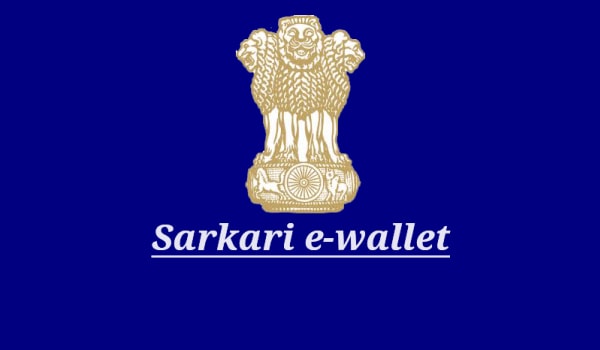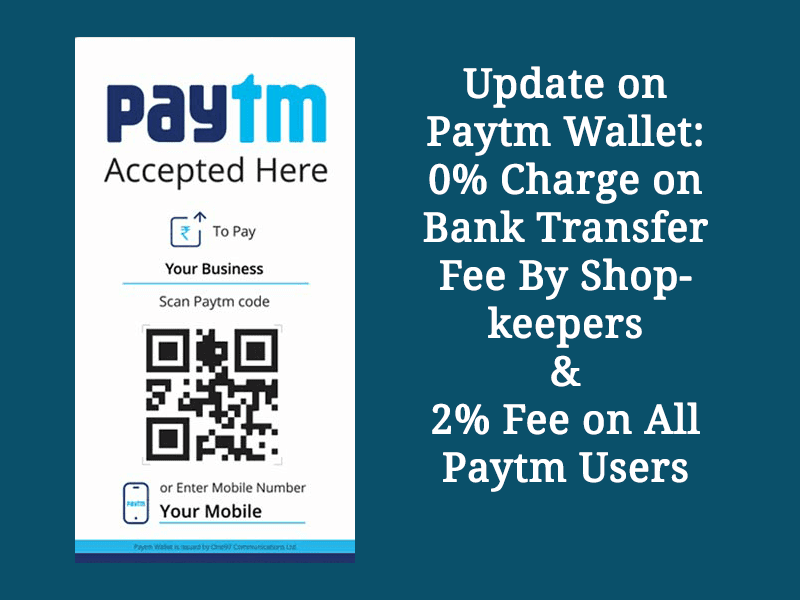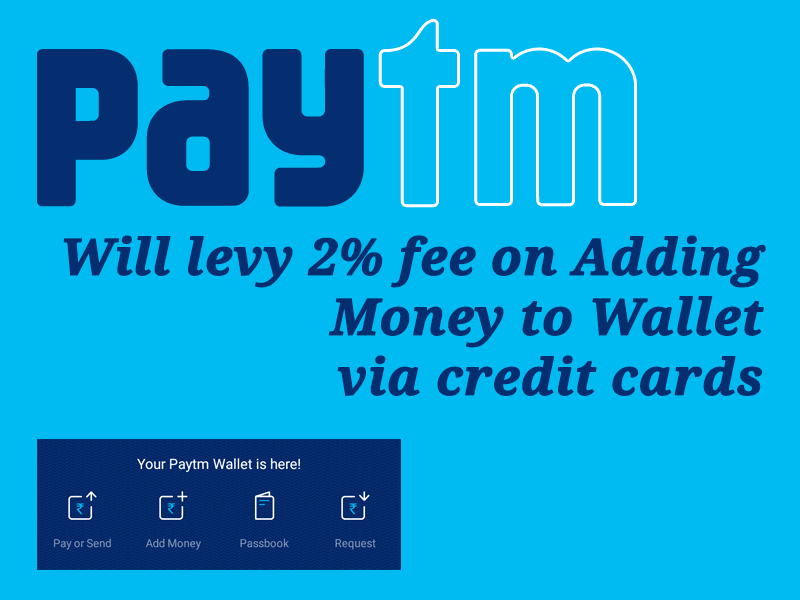
According to Hindi daily Dainik Bhaskar, Modi Government will soon introduce Sarkari e-wallet on the lines of Paytm for cashless economy.
Its’ perception, the ‘sarkari’ e-wallet may be dissimilar from the current Unified Payment Interface (UPI) or its updated version and also no transaction charge will be levied on Indian people through it.
Apart from this, Modi government is also considering to provide subsidized smartphones to people in villages to fast-forward India on the path of becoming a cashless economy.
Your mobile phone is also a bank. It can be used for purchasing things, making payments: PM @narendramodi
— PMO India (@PMOIndia) November 25, 2016
The rumors are that the smartphones will come with pre-installed Sarkari e-wallet. Beside this, the subsidy amount of beneficiaries through subsidized smartphones would be directly transferred to Aadhar-linked accounts of beneficiaries. With this, people can easily make payments via sarkari e-wallets at petrol pumps, educational institutions, ration stores, milk parlours, railway stations, bus stops, etc and not a single penny will be charged for these transactions.
It might be possible, the perception of sarkari’ e-wallet & subsidized smartphones may reveal in the upcoming 2017 General Bugdet.
The basis of above points is that the Modi Government has recently constituted a committee of officers to enable 100% conversion of Government – Citizen Transactions to the digital platform. The committee has formed under the leadership of National Institution for Transforming India (NITI) Aayog CEO Amitabh Kant.
Excerpts of The Amitabh Kant Committee For Cashless Transactions
- Purpose: To identify and operationalize various digital payment systems appropriate to different sectors of the economy and coordinate efforts to make them accessible and user-friendly.
- Remedies: To identify and access infrastructural and bottlenecks affecting the access and utility of digital payment options.
- Build: To build fast cashless & digital payments economy across all States and sectors.
- Cost: To estimate costs involved in various digital payments options and oversee implementation of measures to make such transaction between Government and Citizens cheaper than cash transaction.
- Public Awareness: To execute an action plan on advocacy, awareness and handholding efforts among public.
- Monitor: To establish and monitor an implementation framework with strict timelines to ensure that nearly 80% of the transaction in India moves to the digital-only platform.
Cashless Economy Awareness
Cashless economy is the modern change in the Indian history. Though, financial frauds will be the biggest hurdle on the line of Indian cashless economy.
As per recently released report of National Crime Records Bureau (NCRB) “Crime in India – 2015”, Cyber crimes are a new class of crimes which are rapidly increasing due to extensive use of Internet and I.T. enabled services.
Cyber crimes include financial frauds, data theft, posting of obscene pictures, hacking into someone’s online account, derogatory posts and posts hurting religious sentiment or inciting communal violence.
Thus, to tackle the problem on cyber crime and to move towards the Cashless economy the cyber security is the major factor in it. To gain trust of people, Indian cyber system must be secure & safe. There must be Cyber Cell in each and every region of the country and must have proceedings of cases of cyber crimes in fast and furious manner.
As, Modi Government is moving towards cashless economy of India, so be cautious for cyber frauds and do online transactions in safe & secure manner.
Cashless Transaction
According to Reserve Bank of India (RBI), Payments Banks in India means banking on the unbanked areas in a quick and well-organized manner. These banks are helpful for low income households, small businesses, un-organised sectors and migrant labourers by offering savings accounts and remittance services with a low transaction cost. In this chain, Airtel Payments Bank is one of the milestones for digital revolution in India. The Airtel bank is fully digital and paperless bank and has become the India’s first payments bank to start operations and to offer basic banking services as a pilot basis in Rajasthan. Paytm is also another good example of cashless transaction, which is popular among people nowadays. The Paytm Wallet is free and one of the simple & securest way to do cashless transaction.






